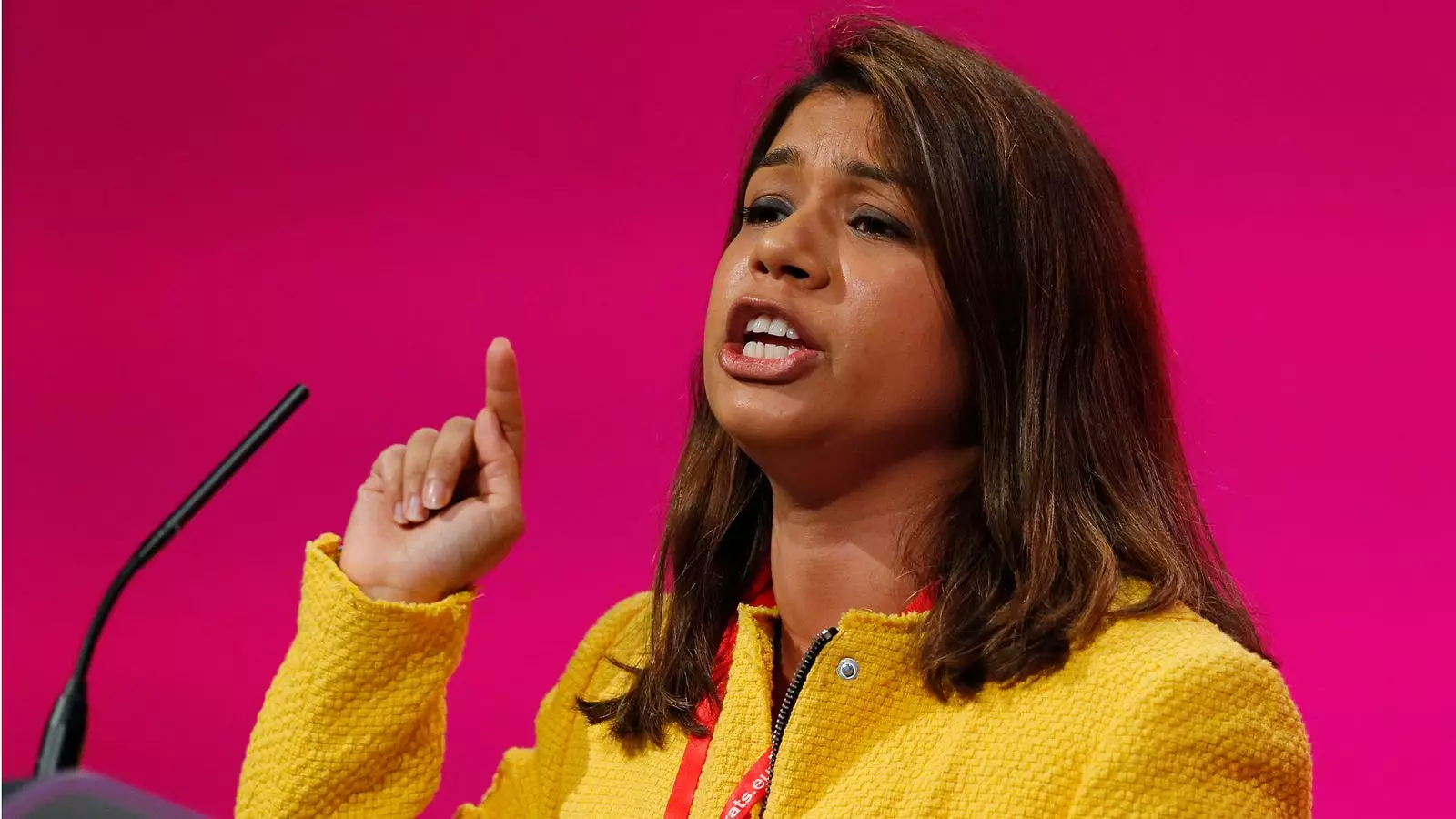In the political landscape of Bangladesh, allegations of corruption often threaten to overshadow the reputations of those within the sphere of governance. Recent claims against Anti-Corruption Minister Tulip Siddiq have sparked significant media attention, particularly concerning accusations of her involvement in fraudulent land allocations during her tenure as a Member of Parliament. This article explores the seriousness of these allegations, their implications for Siddiq’s political career, and the broader context of corruption within Bangladeshi politics.
As reported by various news outlets, including Sky News, Siddiq has been implicated in a legal affidavit filed by the Bangladesh Anti-Corruption Commission. This document alleges that she misused her political influence to secure land in the diplomatic zone of Purbachal New Town for her family members, including her mother, sister, and brother. Furthermore, the affidavit claims that during her time in the British parliament, Siddiq pressured her aunt, the former prime minister, to further these illicit allocations. Such allegations raise not only questions about Siddiq’s integrity but also about the ethical standards of political figures who wield considerable power.
In the face of these serious accusations, Siddiq’s defense team has firmly rejected the claims, arguing that no substantial evidence has been provided to support such allegations. Labour sources close to her maintain that the accusations stem from political rivalry rather than factual basis, suggesting that they lack credibility. This claim is particularly pertinent given the timing of the allegations—concurrent with a broader political purge by the new government aimed at discrediting members of the previous Awami League administration.
Additionally, the director general of the Bangladesh Anti-Corruption Commission, Akhtar Hossain, indicated that corrupt practices, including bribery and undue pressure, were involved in land allocation decisions connected to Siddiq. The serious nature of these comments puts further pressure on Siddiq to clarify her position, reinforcing the need for political accountability in such matters.
These allegations unfold within a precarious political environment where former Prime Minister Sheikh Hasina’s government faced weeks of protests, culminating in her resignation and departure from Bangladesh. The new administration, determined to distance itself from its predecessor, has focused on rooting out alleged corruption. Siddiq’s connection to Hasina, as her niece, complicates her political standing. The allegations against her not only threaten her ministerial role but also strain the public’s trust in anti-corruption efforts in Bangladesh—a nation often marred by corruption scandals across various political regimes.
The situation is exacerbated by Siddiq’s previous associations with the Awami League, which have drawn scrutiny regarding her supposed ties to an administration that is now under investigation. The recent revelations regarding her living arrangements in London properties linked to individuals allegedly connected to the former regime could further undermine her credibility among those advocating for transparency and justice in governance.
The Call for Accountability
In light of the rising scrutiny, Conservative leader Kemi Badenoch has called for Siddiq’s suspension from her ministerial post. Additionally, the UK Anti-Corruption Coalition has expressed its concerns over potential conflicts of interest due to Siddiq’s alleged familial ties to a government entangled in corruption accusations. Peter Munro, a senior coordinator with the coalition, emphasized the significance of this issue, suggesting that Siddiq stepping aside from her role in overseeing issues related to money laundering and economic crime would be in the best interest of accountability.
The unfolding situation regarding Tulip Siddiq presents critical questions about integrity and responsibility in governance both in Bangladesh and among those operating within its political sphere abroad. As investigations continue and political tensions rise, it is essential for all involved to seek transparency and due process. The stakes are high—not only for Siddiq’s political future but also for the broader fight against corruption that undermines public trust in democratic institutions. While the veracity of the allegations remains to be definitively established, the implications of such claims certainly warrant vigilant scrutiny as the political drama plays out in the coming months.


Leave a Reply